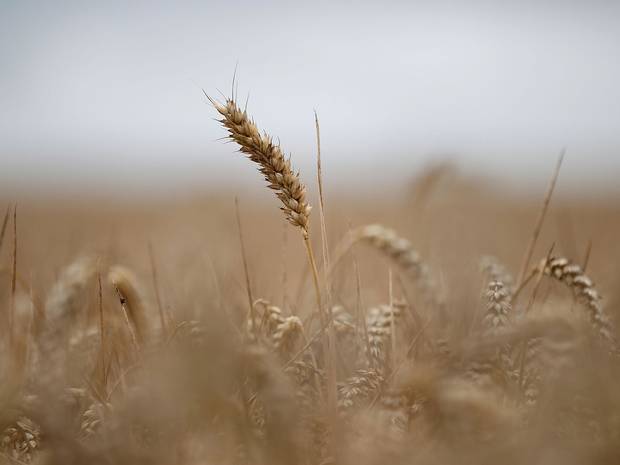Glyphosate: Scientists urge caution over experts’ claims pesticide is ‘probably’ carcinogenic
IAN JOHNSTON
The Independent
It is described as the world’s safest pesticide, used so pervasively that it shows up in human breast milk and urine. For years, regulators believed glyphosate, the active ingredient in Roundup and other weed killers, poses little or no risk to human health despite small traces being found in bread and other foods.
However, after world-leading experts at the International Agency for Research on Cancer (IARC) concluded that it is “probably” carcinogenic, an almighty row has erupted involving multinational corporations, scientists, bakers, brewers and farmers – leaving consumers struggling to work out if they are in danger.
Countries including Sri Lanka, El Salvador and Colombia have either banned or restricted the use of glyphosate. This week, the UK Soil Association – champions of organic agriculture – called for its use on wheat just before harvesting to be outlawed in accordance with the “precautionary principle” – better safe than sorry. However, few of the experts contacted by The Independentsaid they were planning to give up their daily bread for fear they might get cancer and European regulators have reacted with scepticism to the IARC’s findings.

A combine harvester gathers wheat in fields at the start of harvesting
The German Federal Institute for Risk Assessment, which leads on the chemical within the EU, said an over 30 studies had concluded there was “no validated or significant relationship” between glyphosate and cancer among humans.
But Dr Kurt Straif, head of the IARC’s monographs section stressed the expert group had found “strong evidence” that glyphosate is ‘genotoxic’, meaning it damages DNA, a precursor of cancer. “In terms of hazard identification, this is a concern if there is widespread exposure and particularly widespread exposure through our daily food,” he said.
“I think with the genotoxicity, it is probably not a good idea… to have glyphosate residues in food or using glyphosate for food production, but this is my personal opinion, nothing that is a conclusion of the [IARC] monograph.”
He said he expected European and US regulators to take action as a result of their findings, noting it was “kind of unusual to see such quick and widespread action” by the countries that have already restricted glyphosate use.
However Dr Straif added that the IARC working group could not “clearly say that it [glyphosate] is causing cancer in humans”. While a summary of IARC’s findings was published in Lancet Oncology in March, it will only reveal its full reasoning in a major report this month.

Brown bread
Perhaps predictably, an “outraged” Monsanto, the company that makes Roundup, has accused IARC of “agenda-driven bias” and “cherry-picking” data. “We disagree with their conclusions certainly. Our position is glyphosate is not a carcinogen,” insisted a Monsanto spokesman, although he added it had set up an “independent” body of scientists to examine IARC’s findings.
Peter Melchett, the Soil Association’s policy director, said there had been a surge in the use of Roundup to make harvesting cereal crops easier in the last 10 to 15 years.
By spraying crops late in order to stop them growing, there was more chance that pesticide residues would show up in food, he said, particularly bread as the wheat is simply ground and then baked, whereas beer, for example, goes through several processes.
While he admitted the science couldn’t give “an absolute answer” to whether glyphosate was carcinogenic, Mr Melchett added: “If you want to avoid any risk of eating products with glyphosate, then you should buy organic bread.”
David Coggon, a professor of occupational and environmental medicine at Southampton University, said the opinions of Monsanto and the Soil Association should be treated with “a pinch of salt” because of their respective interests.
